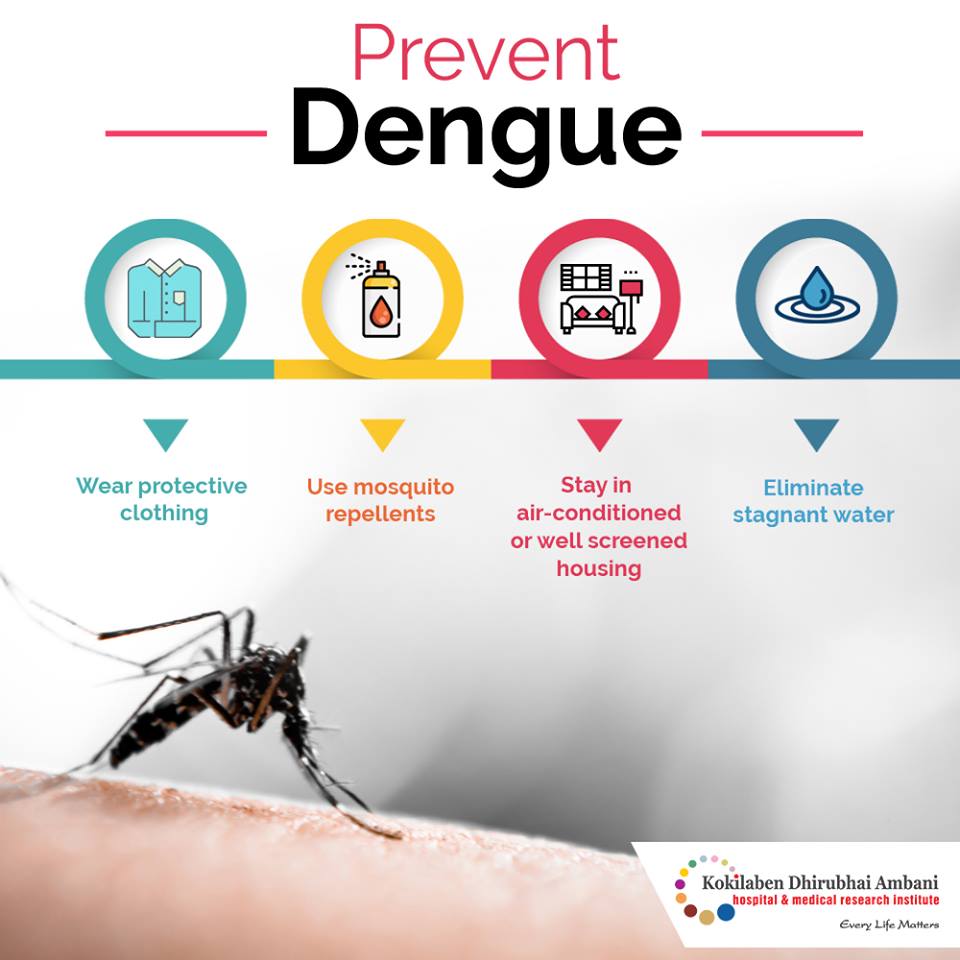Italy's Ministry of Health has issued a directive to regional health departments, urging them to bolster their strategies for monitoring and combating the spread of dengue fever. This proactive stance comes in response to a recent rise in cases, a development considered unusual for the European nation. Dengue, a mosquito-borne illness prevalent in tropical and subtropical regions, poses a potential health threat if left unchecked.
The ministry's circular outlines a multi-pronged approach. Regional authorities are tasked with strengthening disease surveillance systems. This includes heightened vigilance for identifying new infections and tracking potential outbreaks. Additionally, the directive emphasizes the importance of implementing effective mosquito control measures. Decontamination efforts will target breeding grounds for the Aedes mosquito species, known carriers of the dengue virus.
Public awareness campaigns are another crucial element of the Italian health ministry's strategy. By educating the public about the signs and symptoms of dengue fever, individuals can seek medical attention promptly, potentially mitigating the severity of the illness. Furthermore, informing citizens about preventive measures, such as using insect repellent and wearing protective clothing, can significantly reduce the risk of mosquito bites and subsequent infection.
Healthcare professionals are also at the forefront of Italy's anti-dengue efforts. The ministry has emphasized the need for targeted training programs to equip medical personnel with the necessary knowledge and skills to diagnose and manage dengue cases effectively. Early and accurate diagnosis is critical for ensuring proper treatment and preventing complications.
The Italian health ministry's swift action reflects a growing concern about the potential for the spread of dengue fever within the country. While not traditionally endemic to the region, climate change and increased global travel have contributed to the emergence of mosquito-borne diseases in unexpected locations. Dengue fever, with its potential to cause severe illness, necessitates a proactive approach from public health authorities.
By prioritizing disease surveillance, mosquito control, public education, and healthcare worker training, Italy aims to create a robust defense system against dengue fever. The success of these measures will depend on the coordinated efforts of regional health departments, medical professionals, and the public.

